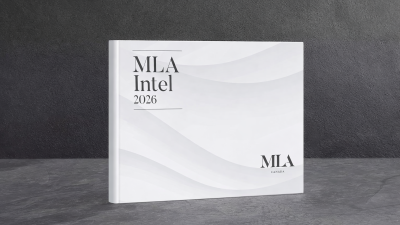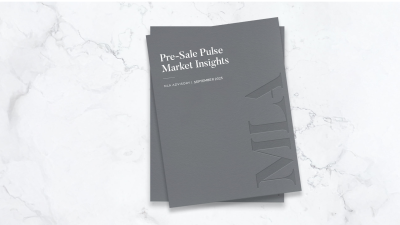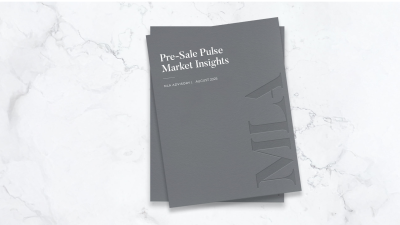A friend recently asked me, "I’m looking to invest in a condo – what do you recommend?” Wow, that's a doozie as there are so many things to consider! As I proceeded to pontificate this fabulous question for over half an hour, I'm sure I thoroughly confused my learned friend. Afterwards I took some time to better summarize my opinions and am excited to share them with you here.
Talk to your Banker.
Firstly, you have to know what price maximum you are prepared/able to pay. Talk to your banker/mortgage broker to determine how much equity you will require, what you can afford, and what ALL your monthly payments will add up to. You may need to account for small cash injections to cover the payments. Remember, an investment comes down to the numbers, so when you start shopping, avoid getting emotionally attached and stick to your investment criteria according to these numbers!
Location, location, location.
Decide, in advance, what areas you are going to shop. Do your own research using MLS.ca, developer websites, and city web sites to help define areas of interest based on current and long-term community plans. Established neighbourhoods (areas I call "blue chip") may not have the potential financial growth compared to emerging neighbourhoods, however, they will be less volatile. Be mindful of future development that could also negatively impact your condo. That peak-a-boo water view may be blocked in the near future, and a new skytrain is coming, but your condo may be overlooking the track! Understand what is likely to happen and how it could positively or negatively impact a property.
New or Used?
New of course - I'm a real estate marketer! But seriously, you need to consider the pros and cons of both. New condos can come at a small premium but if you buy right, you can find great value. New condos will have less maintenance issues and a warranty in place for defects, appliances, etc. You can often buy early enough in the development process (even before construction starts) and enjoy up to two and half years of potential market growth prior to completion (note: "potential"). When buying used, you need to do your homework in inspecting the premises and reviewing all the strata minutes. Sometimes, an investment property may already have a tenant in place, and on occasion can offer a great deal. If you are handy, buying a used condo that requires some cosmetic work can generate a good return also.
Speculation versus long-term investing? Go long-term.
Investing in real estate can be very financially rewarding experience, however you must always be prepared to close on your purchase and to hold and manage the asset for at least five years+. The speculative purchase, which is more popular in pre-construction (selling in the short term, often prior to construction completing) is a very risky game.
Consider working with a good realtor.
If you have limited experience navigating the real estate jungle, consider retaining a reputable realtor to represent your best interests in the purchase. This is not your sister’s, ex-boyfriend’s mom. Hire a realtor who is experienced in the geographic area and housing type you are searching for – likely they will know the good buildings, those to avoid, and new or upcoming opportunities to consider. Share with your realtor your precise parameters before you start looking.
Your life as a landlord.
Managing a rental property is not always easy. You could have a terrible tenant, or have numerous maintenance issues. If it’s located a long distance from you, it could be more onerous to manage. You may consider a rental management company, but this will cost you about 6% – 8% of your rental income, so it should be considered within your investment criteria. You should learn more about the Residential Tenancy Act to understand your responsibilities as a new landlord at www.rto.gov.bc.ca.
Hope this helps! Happy shopping!
Cameron McNeill



